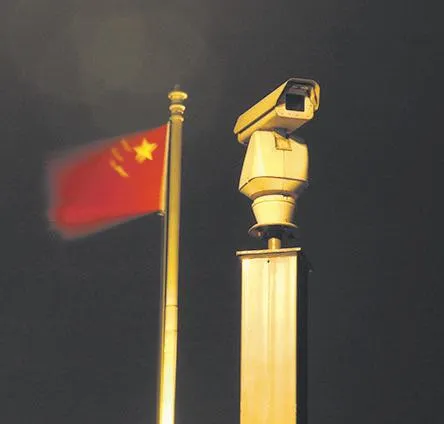The camera lens homes in and maps the man’s face – measuring the space between his eyes, the distance between the nose and mouth, the angle of his cheekbones, the shape of his chin. Instantly, that data is converted into a string of numbers called a ‘faceprint’. His face is recognised and compared instantly with millions of other images on a database. His identity is confirmed, without him even knowing it.
Open Doors was one of the first to alert the world to the implications of this mass Artificial Intelligence (AI) technology that China has developed. It is now one of the most powerful surveillance tools – and potential Christian persecution tactics – ever devised. 415 million high-tech surveillance cameras, linked to China’s police database and eventually its new ‘social credit system’ which monitors the political loyalty of its citizens, have already been installed on streets and in public venues. A recent BBC News report revealed that the authorities now place QR codes outside the doors of people’s homes, so they can easily know who’s supposed to be there – and who isn’t.
Fined, raided and banned
The churches where 97 million Christians worship are not immune from this scrutiny. In Henan and Jiangxi provinces they are now in all state-approved religious venues. Churches that have refused to install them have been fined, raided and even banned. In April 2018, Zion Church, with 1,500 members one of the largest house churches in Beijing, was asked to install 24 surveillance cameras for ‘security reasons’. After it refused, state security officials harassed churchgoers, contacted their workplaces, and asked them to promise not to go to church. That September, the authorities closed the church.





